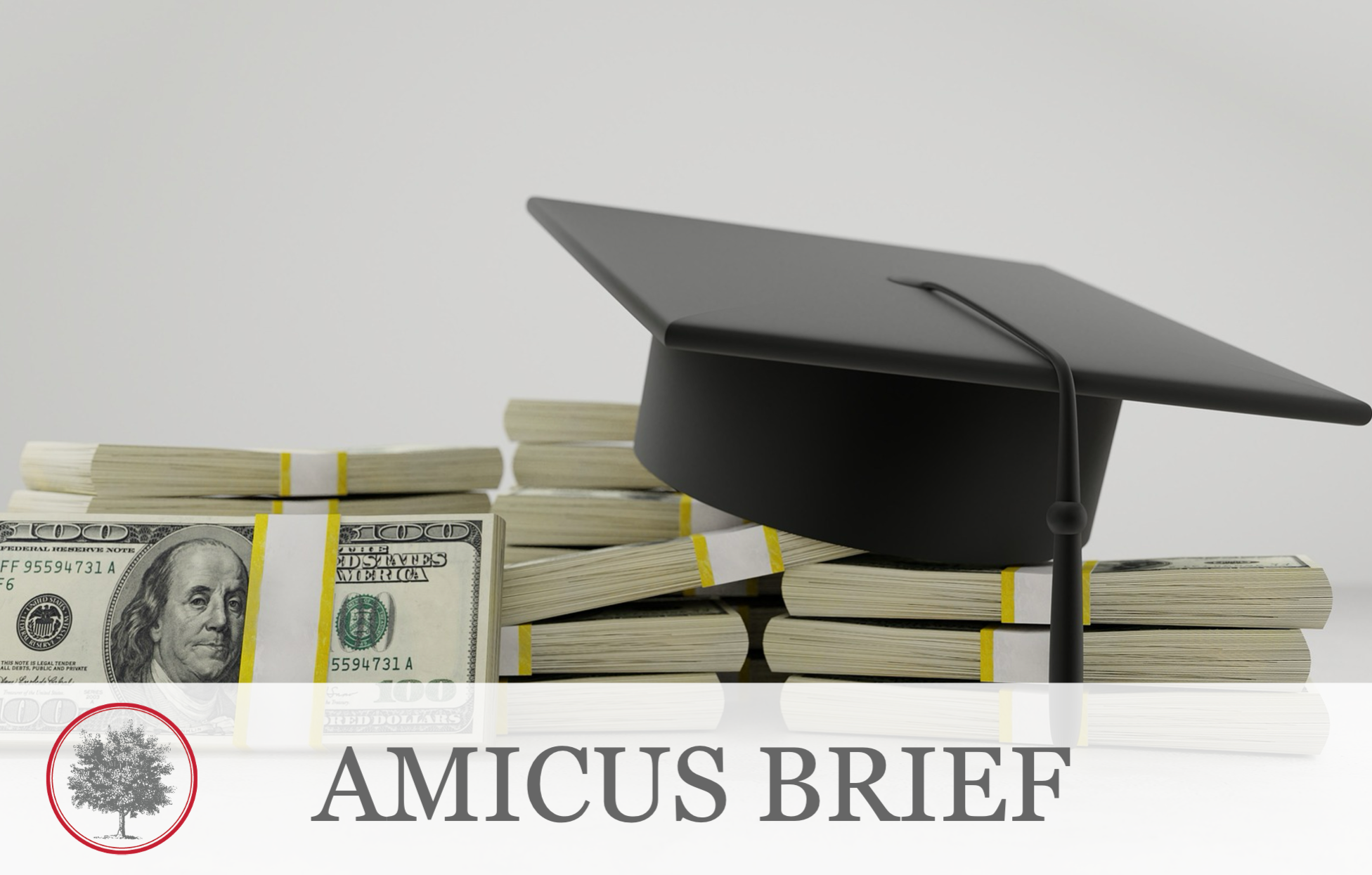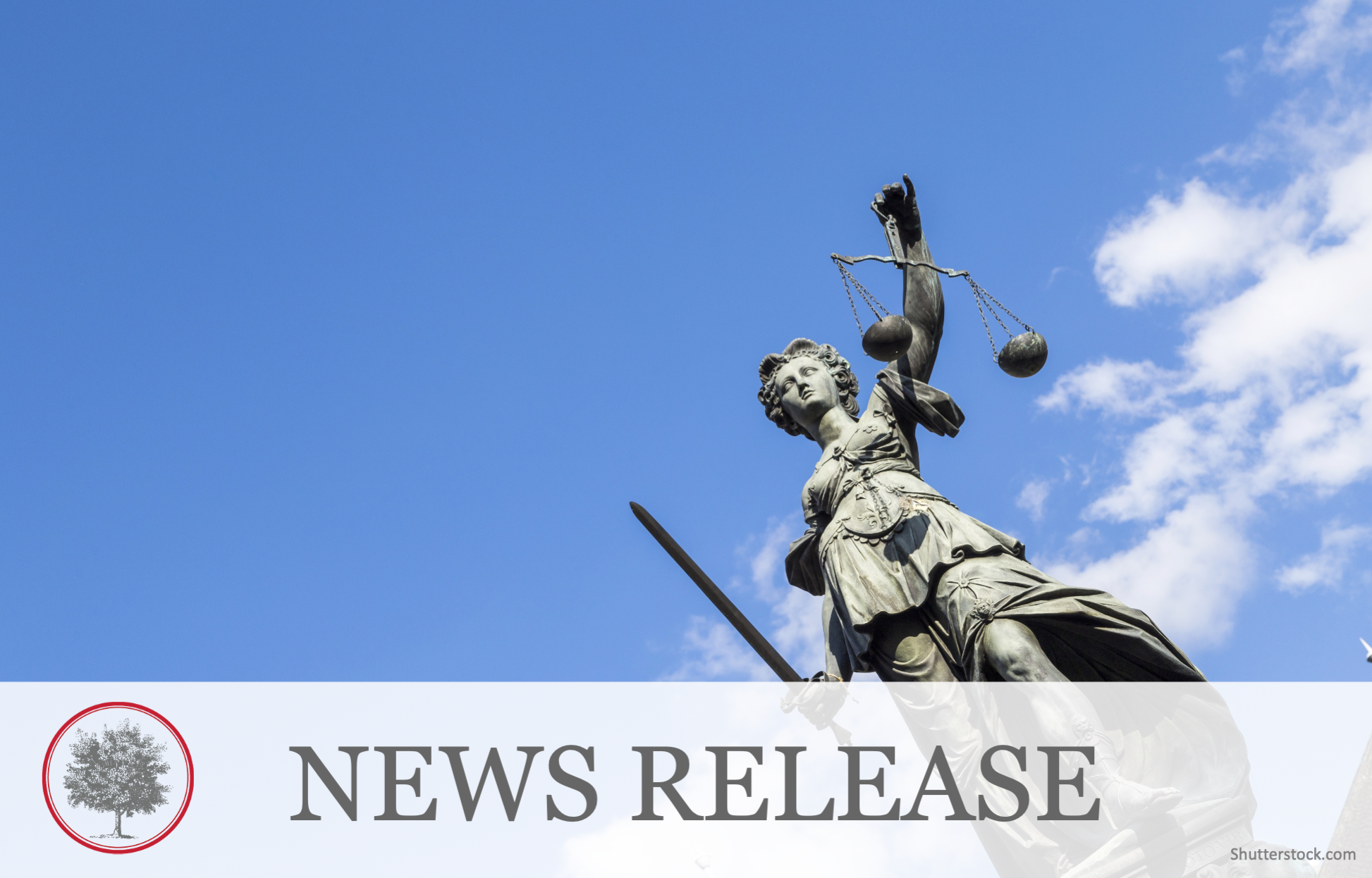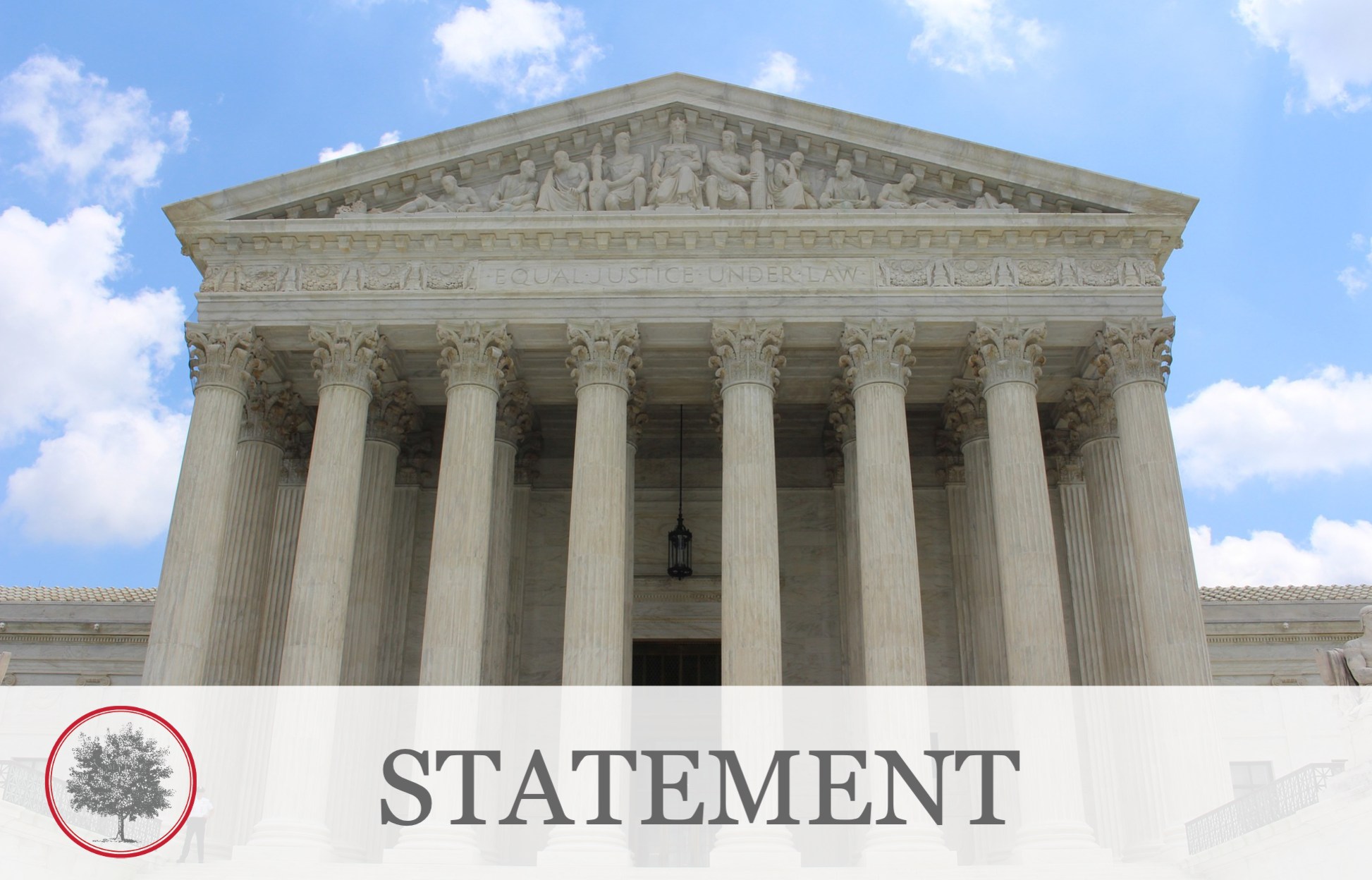|
|
Latta v. U.S. Department of Education |
For media inquiries, please contact:
Lisa Gates, vice president of communications
(614) 224-3255 or Lisa@BuckeyeInstitute.org
Resolution to the Case
In a 6-3 decision issued on June 30, 2023, in Biden v. Nebraska, the U.S. Supreme Court ruled President Biden’s student loan debt cancellation plan unconstitutional and agreed with arguments The Buckeye Institute made in Latta v. U.S. Department of Education. The ruling was a win for Buckeye’s client and mooted Latta v. U.S. Department of Education.
Chief Justice Roberts, writing for the majority, agreed with Buckeye’s position when he explained that if Congress had intended to give the secretary of education the power to grant “a mass debt cancellation,” it would have made a “clear statement to that effect.”
Background on the Case
Key Question in the Case: Can the Department of Education forgive hundreds of billions of dollars in student loans without congressional approval or otherwise going through the Administrative Procedures Act process?
On August 24, shortly before the 2022 midterm elections, and after Congress refused to pass a general student loan forgiveness program, the Biden Administration unilaterally announced that it would forgive up to $20,000 of student debt for eligible borrowers. According to the Congressional Budget Office, the program would cost taxpayers an estimated $400 to $500 billion.
Ironically, the Biden Administration based the tenuous legality of the program on the existence of a national emergency due to COVID that the president himself had declared to be over in April 2022.
President Biden’s illegal program exposes applicants to future financial liability and harm if the federal government reverses course and demands repayment of the loans—something it will be obligated to do if the program is found to be illegal, which is exactly what the U.S. Department of Education determined in 2021. And it was not only the Department of Education that determined such a program would be illegal. House Speaker Nancy Pelosi (D-CA) also didn’t believe that President Biden had the authority to cancel student loan debt:
“People think that the President of the United States has the power for debt forgiveness,” she said. “He does not. He can postpone, he can delay, but he does not have that power.” Pelosi argued that student loan forgiveness can be accomplished only through “an act of Congress.”
The Buckeye Institute’s client, Amanda Latta, recognizes the problematic legal nature of the loan forgiveness program. She also knows that if she accepts an illegal forgiveness of her loans, the Department of Education can later demand that she repay them—not just the original principal amount but additional late fees, potential increased interest rates, default penalties, and collection costs.
About Buckeye’s Client
Amanda Latta, an employee of The Buckeye Institute, is a graduate of Waynesburg University, for which she partially paid through the U.S. Department of Education’s Direct Loan Program. With federal student loans totaling more than $20,000, Ms. Latta is eligible for the program as it was outlined by the Biden Administration. However, given the likelihood of the courts finding the scheme to be illegal, under the terms of her promissory note with the Department of Education, Ms. Latta will be contractually liable for the full amount of her debt, plus increased interest rates, default penalties, and collection costs if she accepts this loan forgiveness that is not legal.
Ms. Latta is now faced with the Hobson’s choice of (a) accepting the loan forgiveness knowing she will be financially liable if the program is ultimately deemed to be illegal or (b) forgoing the debt forgiveness to which she would be entitled if the Biden plan is found to be legal. If Ms. Latta accepts the Biden Administration’s illegal loan cancellation deal, she will be held in loan purgatory, worried that the federal government might one day change its mind and call in the very loans it once assured had been forgiven.
Facts of the Case
Current Status
Following the victory in Biden v. Nebraska, Latta v. U.S. Department of Education was dismissed without prejudice.
Case Number
2:22-cv-04255-MHW-EPD
Originally Filed
December 1, 2022
Original Court
U.S. District Court for the Southern District of Ohio Eastern Division
Plaintiff
Amanda Latta
Lawyers
David C. Tryon, director of litigation, The Buckeye Institute
Jay R. Carson, senior litigator, The Buckeye Institute
Claims in the Case
The Buckeye Institute’s lawsuit demonstrates that the Biden Administration’s student loan forgiveness program is illegal in several ways:
- Amanda Latta’s promissory note A) states that she is financially liable for her loans and B) does not provide any exception for loan forgiveness unless the plan is lawfully enacted.
- The Biden Administration’s proposed student loan forgiveness program does not satisfy the National Emergencies Act because the 2000 HEROES Act (upon which President Biden relied) does not specify loan forgiveness and the president has not issued any executive order authorizing loan forgiveness.
- The Biden Administration illegally evaded the Administrative Procedures Act by not putting the plan through notice and comment to give the American people an opportunity to offer their views on the plan.
- The program violates the Appropriations Clause of the U.S. Constitution because the cost—estimated at $400 to $500 billion—to pay for the plan requires a disbursement of funds, which requires congressional approval.
- The program violates the major questions doctrine because Congress did not delegate authority to the U.S. Department of Education for a general student loan forgiveness program.
Timeline of the Case
July 13, 2023
After a victory in Biden v. Nebraska, The Buckeye Institute’s request that Latta v. U.S. Department of Education be dismissed without prejudice is granted.
June 30, 2023
In a 6-3 decision in Biden v. Nebraska, the U.S. Supreme Court rules President Biden’s student loan debt cancellation plan unconstitutional and agrees with arguments The Buckeye Institute made in Latta v. U.S. Department of Education. The ruling is a win for Buckeye’s client and moots Latta v. U.S. Department of Education.
January 3, 2023
The Buckeye Institute files a motion for a temporary restraining order and a preliminary injunction precluding the implementation of the Biden Administration’s loan debt cancellation program.
December 1, 2022
The Buckeye Institute files Latta v. U.S. Department of Education with the U.S. District Court for the Southern District of Ohio Eastern Division challenging the Biden Administration’s illegal student loan debt cancellation program.





